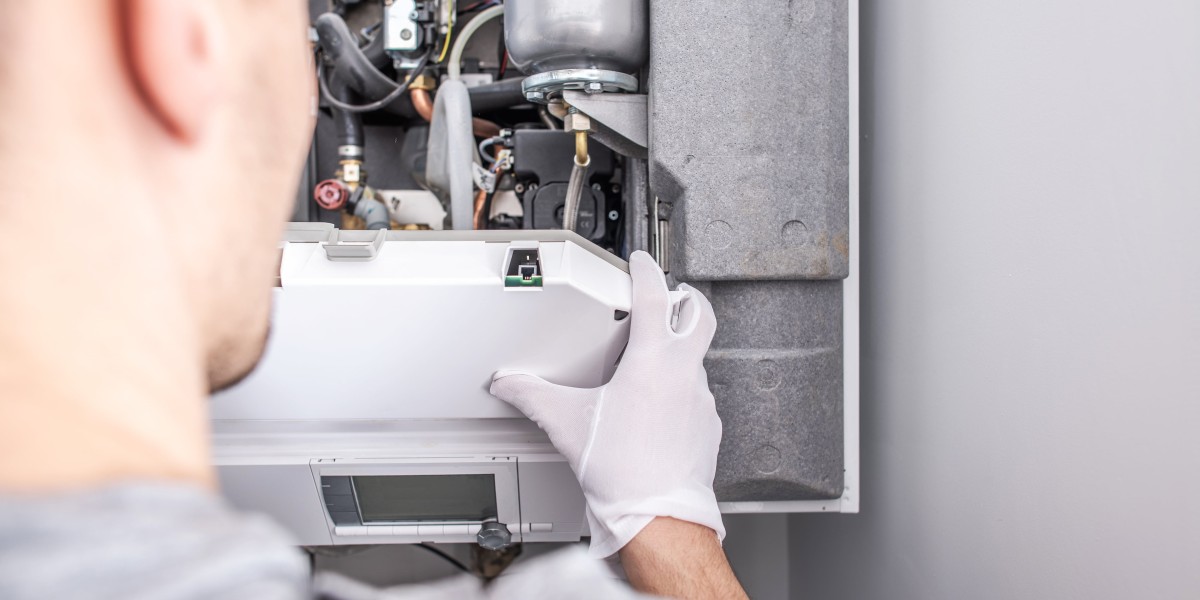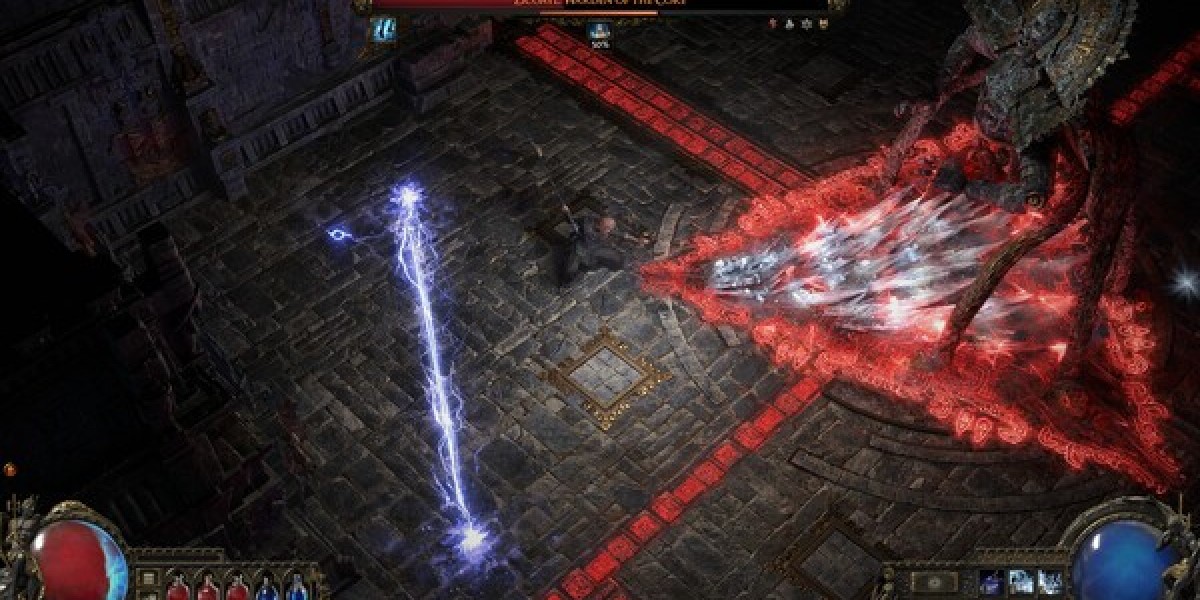 As an owner, it is your responsibility to ensure that all gas appliances, flues, and chimneys are inspected annually. The law also requires that you provide a copy the check to your tenants.
As an owner, it is your responsibility to ensure that all gas appliances, flues, and chimneys are inspected annually. The law also requires that you provide a copy the check to your tenants.If the engineer considers an appliance or installation as being immediately dangerous they will ask permission to cut off the gas supply and suggest that inspection hatches be put in place.
What is a Gas Safety Certificate (GSC)?
A gas safety certificate issued by a landlord is an official document that certifies that all gas appliances and flues within the rented property have been checked by an accredited gas engineer. Landlords are required to arrange a gas check for each rental property they own at least once per year. The inspection is performed by an Gas Safe registered engineer and checks to ensure that all of the pipework, appliances, and flues are in good working condition and that they comply with safety regulations.
The law also requires landlords to give tenants a copy of the CP12 Gas Safety Certificate, (Gas Safety Record) at the time of each annual inspection and test for gas safety. The certificate should be provided to tenants within 28 days following the Gas Safety Inspection and to new tenants at the beginning of their lease.
CP12 is the abbreviation used for the CORGI Proforma 12 that was employed by CORGI before it was replaced in 2009 by the Gas Safe Register. The form outlines the date of the most recent gas inspections and tests, the results, any actions that must be taken, and the name and title of the engineer who conducted the test.
The engineer will provide advice on the spot if the Gas Safety Check reveals any issues with the gas appliance. This will include the items that need to be corrected so that it is safe for use. If a device is deemed Immediately Dangerous, or Abnormally dangerous, the gas supply must be shut off until the issue has been resolved.
It is a crime to a tenant who refuses to allow the gas safety test to be carried out. If necessary, a landlord can ask the courts for a court order to prohibit the tenant from refusing to allow gas safety inspections. However, it's usually easier to send a letter that clarifies why the checks are vital and what is involved. This should encourage tenants who are hesitant to let access to the property. If not the landlord is not willing, he will have to initiate the eviction process.
How often should I renew my Gas Safety Certificate?
By law, landlords and letting agents are required to conduct an annual gas safety inspection of the chimneys and gas appliances they offer to their tenants. This is to ensure that the equipment is safe for them to use and that there are no gas leaks in the building. Gas inspections are an essential obligation for landlords, and they must ensure they are conducted by a certified engineer.
The Gas Safety Certificate, formerly known as the Gas Safety Check Record, is a legal document that confirms that an engineer has completed a gas inspection in the last 12 months. It is issued by the landlord and must be provided to the tenant in order to demonstrate the safety of gas supply. It is valid for a period of 12 months, and must be renewed every year.
If a landlord does not provide their tenants with a Gas Safety Certificate then they are breaking the law and could be fined by the local authority. It is therefore vital for landlords to ensure that their Gas Safety checks carried out in a timely manner and keep a copy of the certificate in case a tenant needs it.
Installing inspection hatches on all gas appliances is a good idea, because it lets engineers quickly access the appliances for their annual inspections. The engineer will categorise the appliance as 'at-risk' and may recommend that tenants stop using the boiler until the inspection hatch is installed.
Landlords must also give tenants at least 24 hours' notice prior entering the property to conduct Gas Safety Checks. This gives tenants time to prepare for the visit and grant permission, if required. If a tenant refuses access to the engineer the landlord must explain the reason for this and what will happen in the event that the tenant refuses. If the tenant is unwilling to allow the engineer entry, the landlord could think about evicting the tenant in accordance with section 21 of 1988 Housing Act.
What happens if I don't receive a Gas Safety Certificate?
It is the legal responsibility of a landlord to make sure that their property is fitted with an approved gas safety certificate prior to the time tenants move in. Failure to comply with this law can result in a landlord being prosecuted or being fined a significant amount. The regulations also stipulate that landlords must give an original copy of their gas safety certificate to their tenants upon request.
Landlords must have an Gas Safe registered engineer visit their rental property to conduct an inspection of all gas appliances. During the inspection, a Gas Safe registered engineer will identify any issues that could be a threat to tenants. They will then issue the CP12 gas safety document, that is also known as the Landlord Gas Safety Record or a Gas Safety Certificate.
This is a very important document that every tenant should keep. This document contains information about gas installations in a rental home as well as the date they were tested as well as their expiration dates. It will help tenants recognize any issues with the installation or appliances and ensure that they are aware of how to reach a Gas Safe engineer to have them checked.
Landlords are required to provide a gas safety report to their tenants, both new and existing within 28 days of the date that the engineer has visited their property. They must also provide a copy of the CP12 to the tenant on the day that their tenancy begins. Landlords who do not provide an original copy of the gas safety certificate can be prosecuted in accordance with the regulations and may be subject to unlimited fines or a six-month imprisonment.
In the same way landlords must make sure that carbon monoxide detectors work in their properties and have them tested each month. The landlord is responsible for fixing the problem if the alarm does not work. This is the case for private landlords, councils and housing associations and also licensable houses of Multiple Occupation.
In June 2017 the High Court ruled that it was unlawful for landlords to issue Section 21 notices without providing their tenants with a valid gas Safety Certificate. The ruling was based on the law that requires landlords with assured shorthold leases to obtain an official gas safety certificate for their property prior to when tenants move in.
How can I obtain a Gas Safety Certificate (GSC)?
Landlords have a legal responsibility to ensure that gas appliances, flues and pipework in their properties are safe for tenants. This is covered by the Gas Safety (Installation and Use) Regulations 1998. To be in compliance with the regulations, landlords are required to conduct annual gas checks on all gas appliances and flues they supply for use in the property. This is known as a CP12 Gas Safety Certificate, and it has to be signed by a licensed Gas Safe Registered Engineer after each inspection.
It is also a good idea for landlords to consider having a boiler service carried out in conjunction with the CP12 inspection, as this will ensure that all gas appliances are functioning properly and safely. Landlords can usually obtain a combined CP12 and boiler service at a reasonable price from a professional gas engineer, who will be able to check the seals on boiler burners, check the flue system for cracks and leaks cleaning the burner and heat exchanger and conduct general maintenance.
The CP12 document is commonly called the 'landlord's gas safety certificate' but it is actually the Gas Safety Record documentation. It outlines the outcomes of all safety inspections and details of any actions or issues that need to be resolved. Landlords must provide their tenants the CP12 document no later than 28 days after the Gas Safety Check is completed.
It is important that landlords and letting agents only permit Gas Safe registered engineers access to the property to conduct safety inspections and maintenance. It is essential to inform tenants about the importance of allowing gas engineers access to their property and explain that the engineer is there to safeguard them from carbon dioxide poisoning. If the tenant does not permit access the agent or landlord must state the legal requirements in writing. Then, they should visit the property and force entry if necessary.
Gas Safe ID cards should be requested by tenants prior to allowing them to enter the property. This will confirm that the engineer is qualified to work on the systems in your home and can therefore be trusted to carry out the safety check. Be aware that a gas engineer can legally shut off faulty equipment or cut off your gas supply should it be required.








